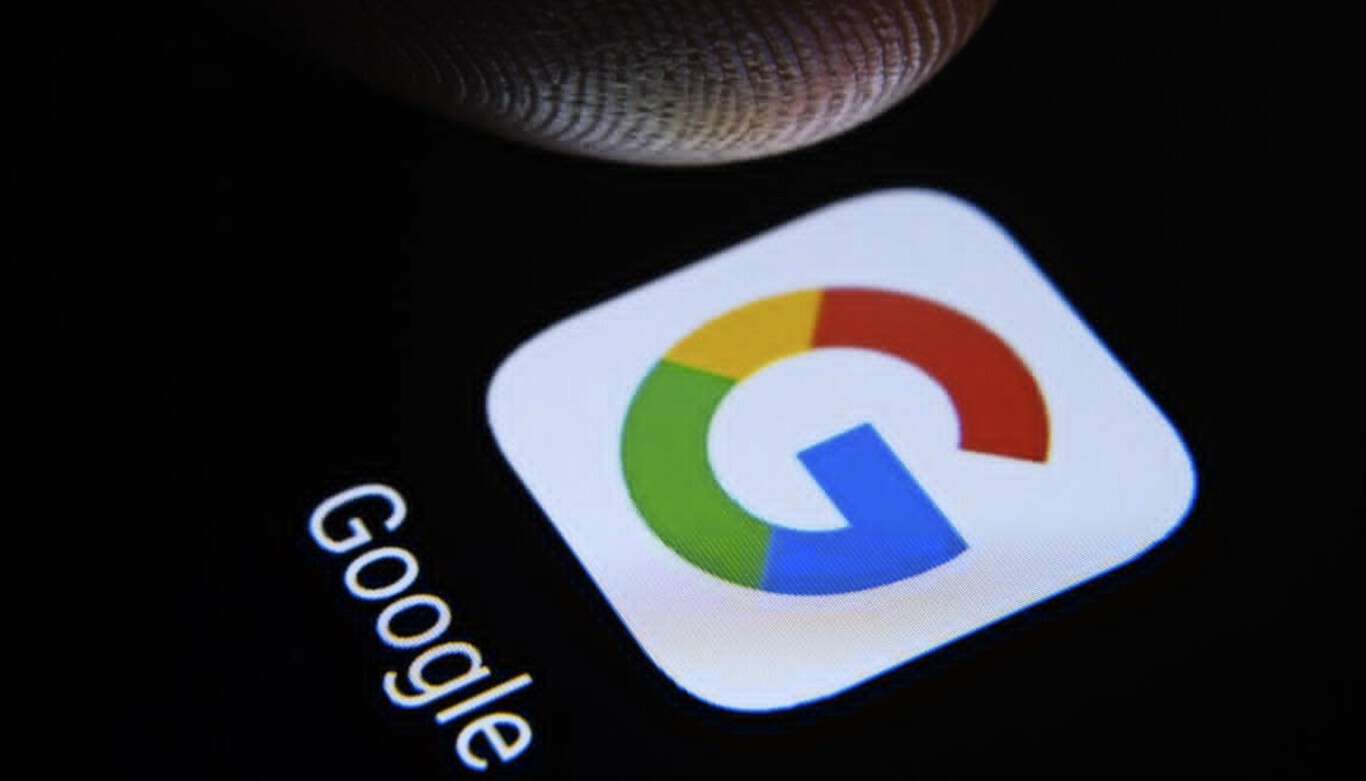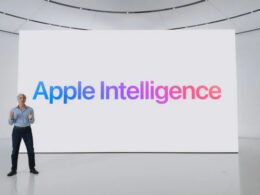Google has unveiled a package of updates in preparation for the European Union’s upcoming “Digital Markets Act” (DMA), under which Google classifies as a “gatekeeper.” This classification pertains to companies with more than 45 million active monthly users and a market capitalization exceeding €75 billion. The purpose of the DMA is to ensure fair competition in digital markets, and penalties for non-compliance can reach up to 10% of global annual turnover.
Anticipated Changes
Among the changes set to take effect on March 6th are additional screens for selecting default browsers and search engines to be displayed during the initial setup of Android devices and for the first launches of Chrome on PCs and iOS. Google declares that the design of these choice screens was based on user research, trials, and industry feedback.
The tech giant will also cease the default linkage of personal data between user accounts for some of its products, which were previously used for content and advertising personalization. This privacy-oriented change fulfills a DMA requirement prohibiting the use of personal data for advertising purposes without user consent.
User Tracking and Data Collection
Despite the changes, it’s important to note Google’s apparent efforts to continue tracking and profiling its users. For instance, it now offers “new consent banners asking if they want to link their Google services.” This may be viewed as an attempt to coax users into re-enabling tracking, despite the DMA’s prohibition of “dark patterns” — design decisions meant to manipulate user behavior.
In terms of data collection for advertising, Google appears to be relying on its advertisers. The company is introducing “multiple updates to advertising products and tools to aid advertisers in reporting on consent for the data they collect.” Google claims that this approach aligns with the existing EU end-user consent policy. Regulators will need to carefully scrutinize this shift in data consent to third-party tracking, given the requirements of the General Data Protection Regulation (GDPR).
Additional Sharing and Changes for Developers
Under DMA compliance, Google is required to provide more data about advertisements to its advertiser clients, though it hasn’t disclosed the specifics of these data. The company only states that the data will be conveyed while safeguarding user privacy and its clients’ trade information.
Google is now also compelled to allow Android application developers to include external payment systems and app store links in their software. This change will enable developers to bypass Google’s fees and increase their profits.
Data Portability
Google announced the launch of a data transfer API this week to supplement Google Takeout, which allows users to export or copy their data from Google’s products. Other ‘gatekeepers’ like TikTok, Amazon, Apple, Microsoft, and ByteDance are also expected to make similar accommodations under the DMA.
Effect on Digital Market Competition
EU legislators believe these data portability requirements will bolster competition by facilitating service switching. It should simplify data transfer to external apps or services for users and access to consumer data for businesses. In 2022, Google, among others, was classified as a “gatekeeper” under the DMA, requiring these businesses to adapt their services accordingly.
Not all digital market participants in the EU are satisfied with the efforts of the “gatekeepers.” In mid-January, several firms including Ecosia, Qwant, and Schibsted signed an open letter accusing “gatekeepers” of inability to harmonize their business operations with the new EU digital competition rules. These companies have urged the European Parliament and Commission to enforce DMA regulatory requirements across all major IT market players covered by the new law.
DMA Implementation
The DMA officially comes into effect on March 7th, after which regulatory reports will be published, and the European Commission will conduct seminars to gather initial feedback. As the sole DMA enforcer, the Commission has the authority to launch investigations and resolve urgent issues swiftly.





